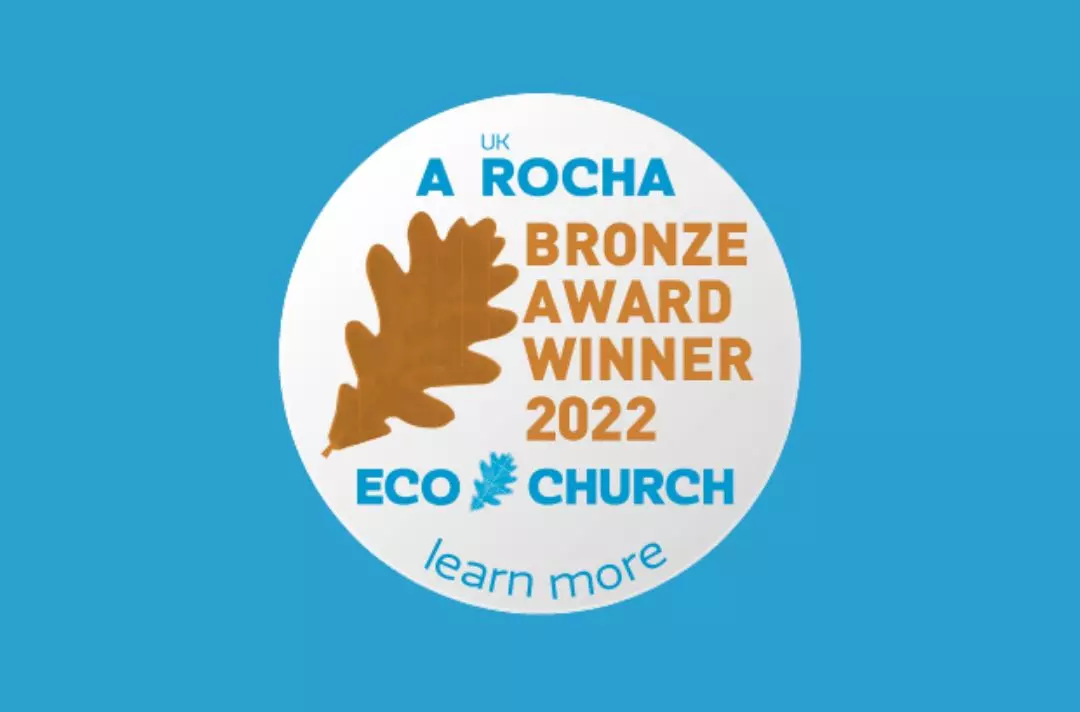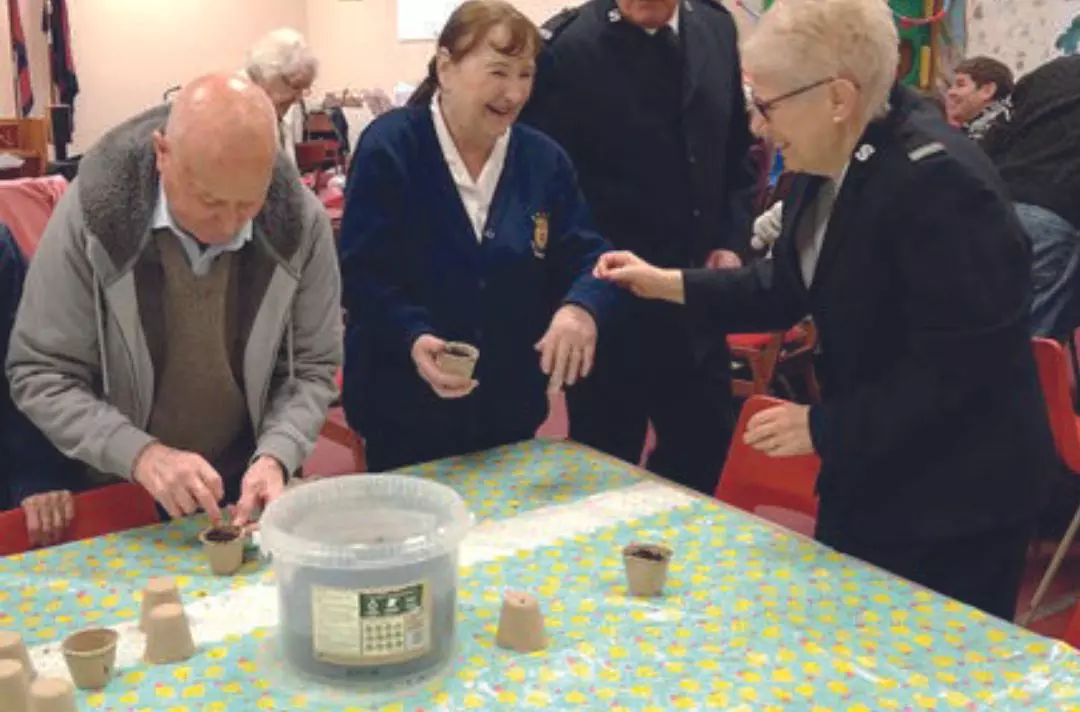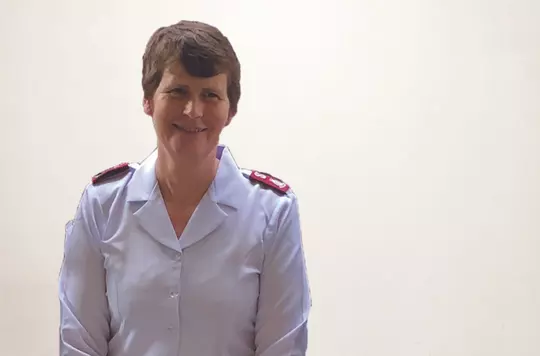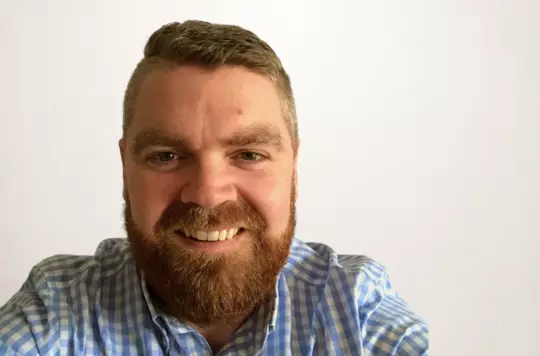7 February 2023
Redruth Corps: An eco chain in the community
Major Lisa Goble

Major Lisa Goble explains how Redruth Corps is caring for creation.
We are a bronze eco church
We were awarded Bronze Eco Church status after having worked through the questionnaire for several months. There were areas where we did well and others where we needed to improve. Having an older building, it’s unlikely we can achieve a Silver award, but we are continuing our journey to see where we can improve in our care for creation.
I introduced the concept of Eco Church to the corps council, who were enthusiastic, and it now has a permanent fixture on our agenda. I think by doing it that way, each section and programme considers how they can make changes to the way we do things. It’s a combined approach.
Caring for creation is embedded in all we do
It’s embedded in all that we do and how we think about things rather than a separate programme or ministry.
We might look at using a different product or ask: does this need to be printed? Simple things such as making sure we don’t leave lights turned on or electronic items on standby. We recycle as much as we can, even crisp packets from the parent-and-toddler group. Members of the corps also take things home to put in their own recycling or compost bins, or take to recycling banks. Any bread left over we hand out so that we can make sure that we’re putting as least as we can into the general waste.
As a registered Eco Church we are signed up to monthly newsletters, which have a lot of great resources that help us in our thinking and our teaching programmes, as well as those produced by the Army. In 2022 we participated in the Wave of Hope, where churches in Cornwall constructed a display on the direct route to the G7 summit and we supported the Climate Coalition’s Show the Love campaign by sending our MP – George Eustice, the environment minister at the time – a green heart to say that we care about a greener and more just future for all.
It’s also a regular topic for our worship and prayer. I think it’s important that we know the theology of why we care for creation as well as how to care for creation. We see it as part of our discipleship responsibilities as Christians. Churches Together in Cornwall meet regularly on Zoom and they’ve organised several environmental worship services, which we’ve attended or put on our Facebook page.

We are a chain in the community
We are a chain in the community, preventing things from ending up in landfill or contributing to greenhouse gas emissions. We find that, like most corps, we receive all sorts of donations. We don’t have the space to store them, so we pass them on as quickly as we can to people at drop-ins or to other charity organisations and initiatives, such as the baby bank.
We are doing our bit to help
We’re a small corps in an old building. We’ve got a busy community programme in one of the poorest areas and we are doing our bit to help. There are ways to care for creation without it costing the corps more by asking: Do we need that? Do we need heating or lighting on when nobody’s in? It doesn’t have to be about running specific environmental projects; it can be a part of what we are already doing.
Find out more about becoming an eco church:
- In England and Wales, visit ecochurch.arocha.org.uk
- In Scotland, visit ecocongregationscotland.org
- In Ireland, visit ecocongregationireland.com
Written by

Major Lisa Goble
Corps Officer, Redruth

As the Army steps up its response to climate change, Major Heather Poxon outlines her role as territorial environmental officer.

Ciaran Egan, estate director at Hadleigh Farm, shares how his faith and his role are intertwined.

Simon Hope finds out how mission and environmentalism is intertwining in the Forest of Dean.

The Salvation Army's International Positional Statement on Caring for the Environment.